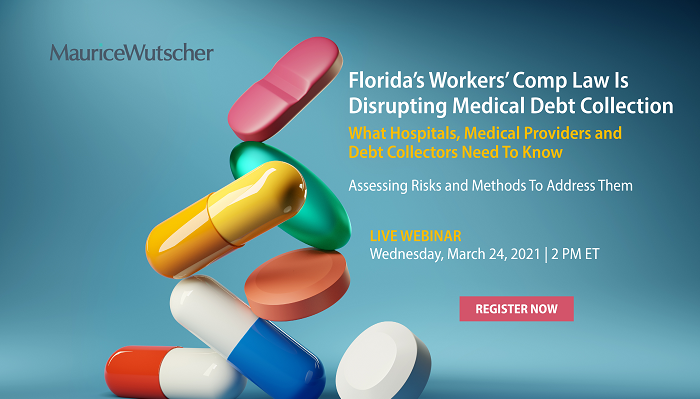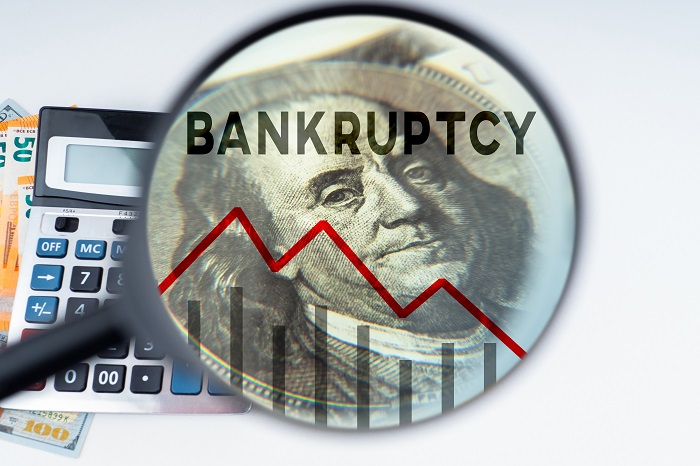The U.S. Court of Appeals for the Third Circuit handed down several noteworthy decisions impacting consumer credit law in 2021 concerning the disclosure of consumer account information, communications with consumers, itemization of debt, and whether a debtor’s spouse is liable for certain debts.
Posts published in “Consumer Financial Services Law”
In its top consumer credit law decisions of 2021, the U.S. Court of Appeals for the Fifth Circuit determined that settlement of an FDCPA claim does not trigger an attorney fee award, examined third-party contact as a "communication" under the FDCPA, and ruled there was no "partial surrender" of collateral in a Chapter 13 plan.
The Supreme Court of the United States recently held that the Federal Trade Commission Act allows permanent injunctions to prevent future violations but does not authorize the Federal Trade Commission to seek, or a court to award, equitable monetary relief such as restitution or disgorgement, except that the FTC may obtain monetary relief by first invoking its administrative procedures and then Section 19’s redress provisions (which includes limitations).
The Appellate Court of Illinois First District, Sixth Division, recently reversed in part and affirmed in part a trial court’s dismissal of a putative class action plaintiff’s claim that one of the defendants, a healthcare provider from whom the plaintiff received medical treatment following a personal injury, attempted to unlawfully assign its statutory lien against the plaintiff’s personal injury settlement to the other defendant, a financial services company and non-healthcare provider.
The State of Florida, like many states, maintains a robust workers’ compensation statute geared toward insulating employees injured on the job from associated medical services. Now, lawsuits continue to be filed against debt collectors, hospitals and other medical providers alleging that under a novel interpretation of Florida’s workers’ compensation law, it is unlawful to attempt to collect medical debt arising from work-related injuries directly from consumers.
The Consumer Financial Protection Bureau increased the maximum civil penalty it can impose within its jurisdiction after Jan. 15, 2021. The increases are required by federal law, which requires agencies to adjust for inflation each civil monetary penalty within an agency’s jurisdiction by Jan. 15.
Managing against unforeseen risks can be a difficult task. But sometimes you can get a hint of potential trouble ahead. In the past few months there have been at least four cases that could cause substantial disruption to debt buyers, creditors and their service providers alike. Here they are:
The Consumer Financial Protection Bureau has prevailed against a challenge to its authority in the Ninth Circuit Court of Appeals in the wake of last summer’s U.S. Supreme Court decision in Seila Law LLC v. Consumer Financial Protection Bureau.
During what was an extraordinary and difficult year, there was an abundance of activity at the state and federal levels and a good deal of it was driven by the present COVID-19 pandemic. Here is my take on some of the most significant regulatory activities from the past year in consumer debt collection that will continue to impact both consumers and creditors in the years to come.
The year 2020 in bankruptcy law started with an eye on increasing the ability of small businesses to utilize the Chapter 11 process in a more efficient and less expensive way, which lead to a record number of commercial filings, a reduction in consumer filings, and a test of the bankruptcy system.
Like many circuits in 2020, the Third Circuit did not author a large volume of opinions covering the Fair Debt Collection Practices Act (FDCPA) or the Telephone Consumer Protection Act (TCPA).












